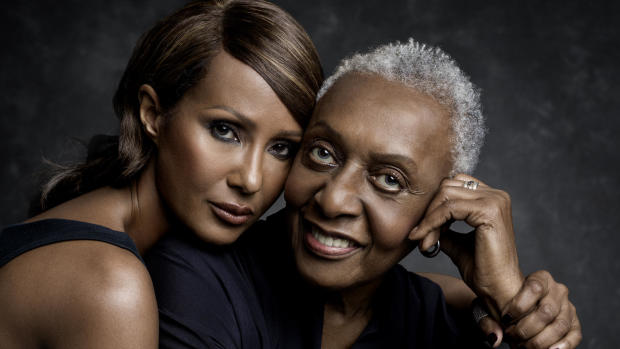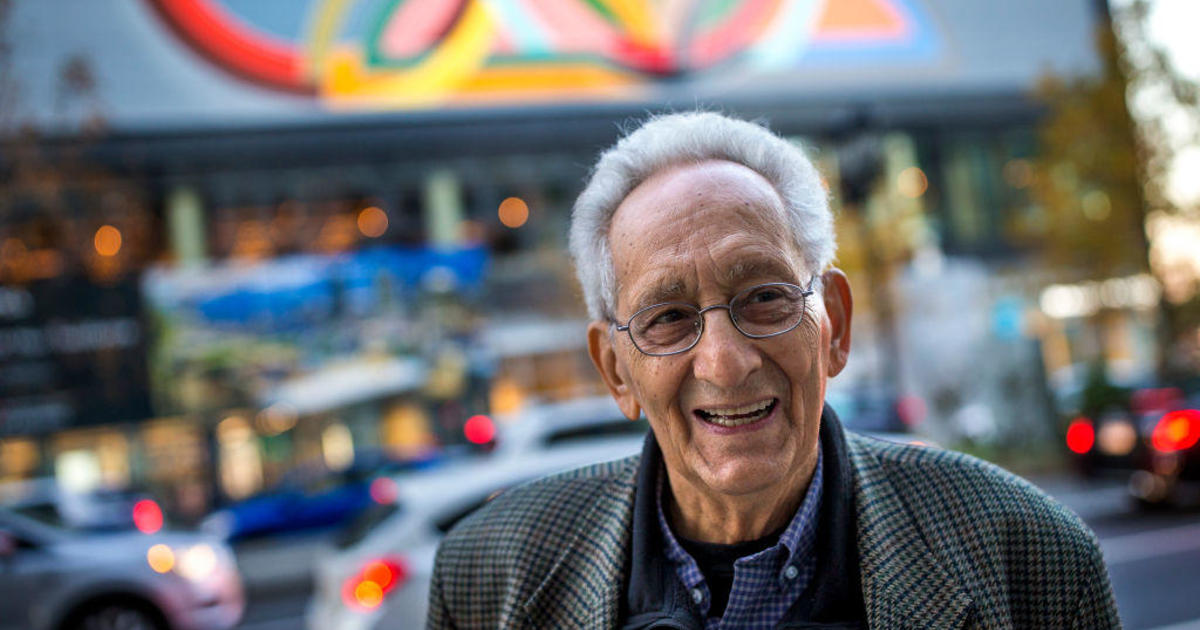Vera Rubin, pioneering "dark matter" astronomer, dead at 88
PRINCETON, N.J. — Vera Rubin, a pioneering astronomer who helped find powerful evidence of “dark matter” in the universe, has died. She was 88.
Allan Rubin says his mother died Sunday night of natural causes. A Philadelphia native, Vera Rubin had been living in the Princeton, New Jersey, area, he said.
Rubin found that galaxies don’t quite rotate the way they were predicted, and that lent support to the theory that some other force was at work, namely dark matter.
Dark matter, which hasn’t been directly observed, is believed to make up 27 percent of universe — as opposed to 5 percent of the universe being normal matter. Scientists better understand what dark matter isn’t rather than what it is.
Rubin never received the Nobel Prize for her work, but her name was long floated for the prestigious award.
Emily Levesque, an astronomer at the University of Washington in Seattle, is among those scientists who believe Rubin deserved the honor.
“The existence of dark matter has utterly revolutionized our concept of the universe and our entire field; the ongoing effort to understand the role of dark matter has basically spawned entire subfields within astrophysics and particle physics at this point,” Levesque told Astronomy Magazine in June. “Alfred Nobel’s will describes the physics prize as recognizing ‘the most important discovery’ within the field of physics. If dark matter doesn’t fit that description, I don’t know what does.”
In addition to her breakthrough discoveries, Rubin was considered a champion for women in astronomy, putting constant pressure on powerful factions in the field to recognize women’s contributions.
Invited to the highly regarded Palomar Observatory outside San Diego early in her career, Rubin did not accept the building’s lack of a women’s restroom at face value.
“She went to her room, she cut up paper into a skirt image, and she stuck it on the little person image on the door of the bathroom,” former colleague Neta Bahcall of Princeton University told Astronomy Magazine. “She said, ‘There you go; now you have a ladies’ room.’ That’s the type of person Vera is.”
In recent years, Rubin was reportedly unhappy that stubborn gender inequities continued to pervade her field. In 2000, she told Astronomy writer Ann Finkbeiner she was “getting fed up... What’s wrong with this story is that nothing’s changing, or it’s changing so slowly,” the magazine reported.
On Monday, scientists and admirers across the internet mourned Rubin’s passing:
Rubin’s scientific achievements earned her numerous honors, including becoming the second female astronomer to be elected to the National Academy of Sciences.
She also received the National Medal of Science from President Bill Clinton in 1993 “for her pioneering research programs in observational cosmology.”
Rubin’s interest in astronomy began as a young girl and grew with the involvement of her father, Philip Cooper, an electrical engineer who helped her build a telescope and took her to meetings of amateur astronomers.
She was the only astronomy major to graduate from Vassar College in 1948. When she sought to enroll as a graduate student at Princeton, she learned women were not allowed in the university’s graduate astronomy program, so she instead earned her master’s degree from Cornell University.
Rubin earned her doctorate from Georgetown University, where she later worked as a faculty member for several years before working at the Carnegie Institution in Washington, a nonprofit scientific research center.
During her career, Rubin examined more than 200 galaxies.




